Explained: South Australia’s vote on the Nordic sex work model
A radical change to sex work is on the cards for one Australian state with a long history of progressive reform. Here’s everything you need to know.
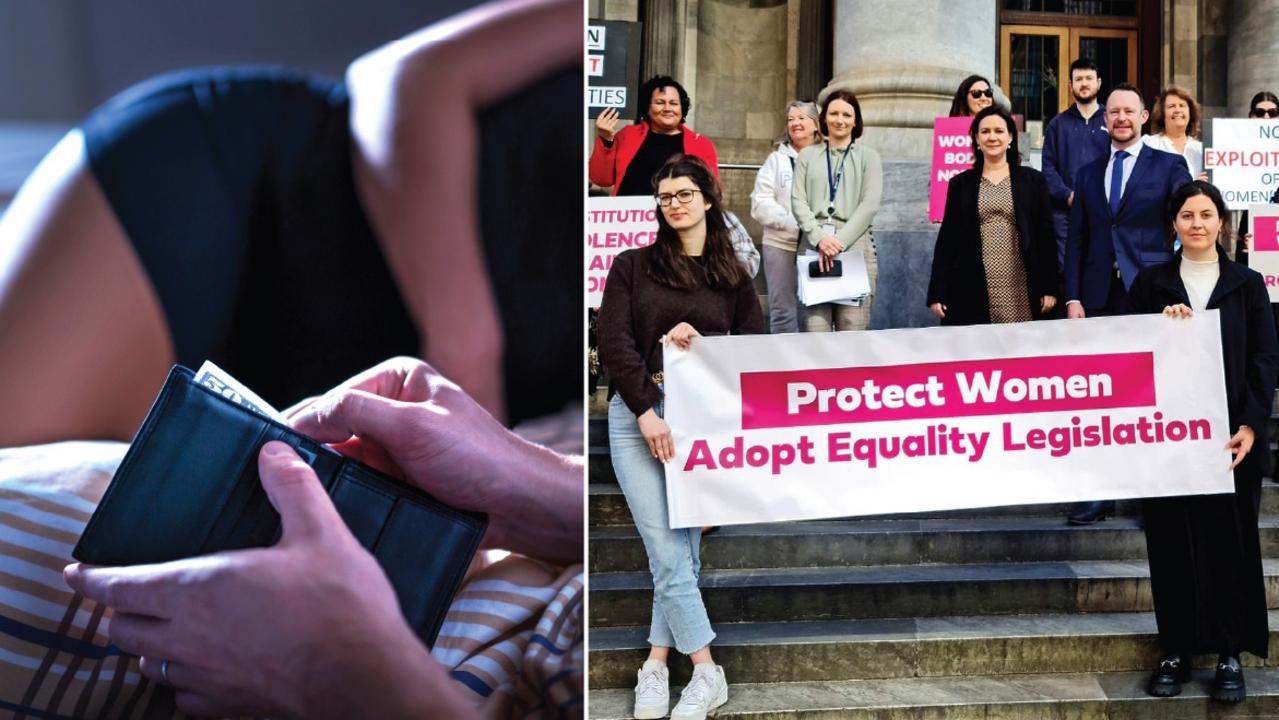
On a sunny September day at Adelaide Magistrates Court, Chinese immigrant Jianzhen Li stood in the dock and pleaded guilty to sex work.
She spoke quietly, with a translator next to her relaying her words to the magistrate.
The police had attended a South Plympton brothel in a covert operation and arrested Li after she accepted $130 for a massage and then sex.
Sex work, either its sale or solicitation, is illegal in South Australia, but the laws that ensnared Li and put her in the dock could soon be repealed.
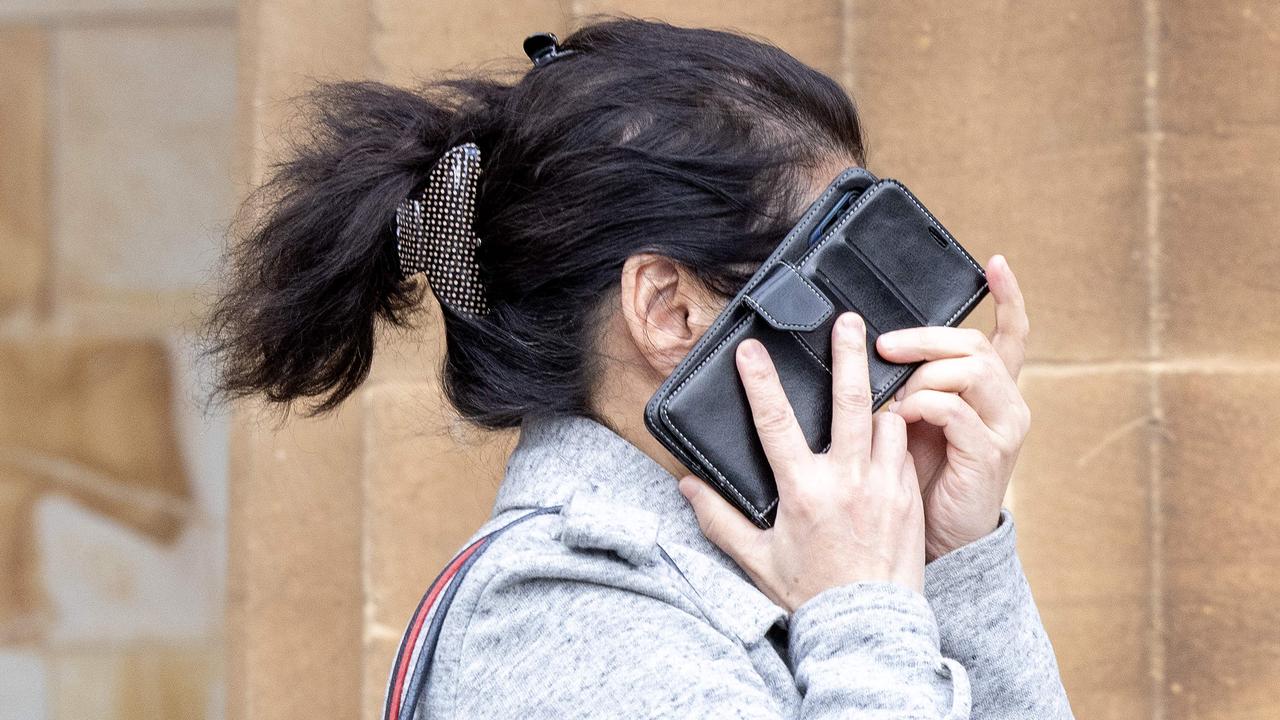
A new Bill, introduced by upper house Liberal leader Nicola Centofanti, proposes a partial decriminalisation model that decriminalises the women who sell sex but criminalises the men who pay for it.
The proposal, called the “Nordic model” following its widespread adoption in Europe, offers a halfway house between the full criminalisation regime currently in practice and full decriminalisation.
A vote on the Bill is coming up at the end of the month and if passed, it would transform the state’s social and cultural landscape.
So what is it exactly and what would change?
The Bill would repeal sections of the state’s Summary Offences Act that deals with “offences against decency and morality” and insert new provisions to decriminalise sex workers but maintain penalties for people who buy sex.
The offence remains whether the payment was made by the person to whom sex was provided or by another person.
The maximum penalty for a first offence is $5000 or one year in jail. For subsequent offences, the penalty is $10000 or two years’ imprisonment.
At present, the maximum penalty for a person buying sex is $750.
A person who requests or offers payment in exchange for sex is also guilty of an offence.
On the supply side, the Bill guards sex workers from prosecution.
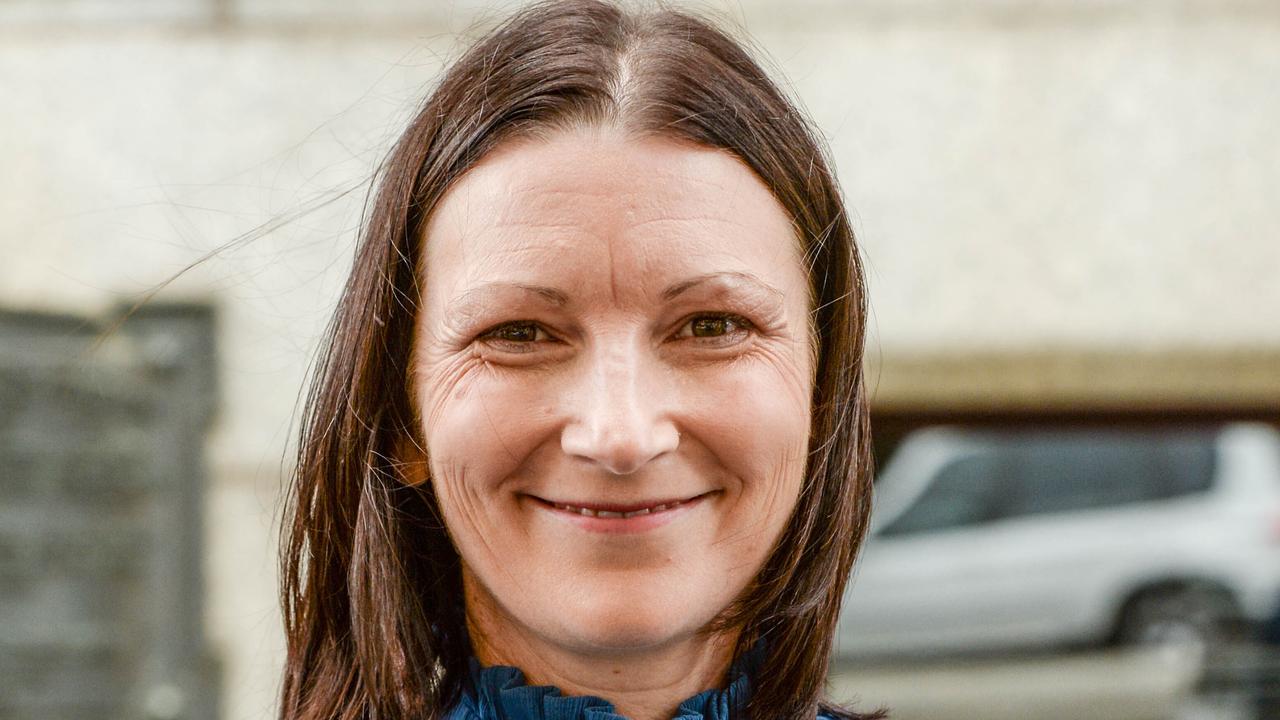
“A person who provides sex in exchange for payment cannot be prosecuted for an offence against subsection 1 or for aiding, abetting, counselling or procuring the commission of an offence against subsection,” the Bill states.
Pimping remains illegal in the bill.
The Bill also compels the government to provide pathways out of sex work for women who no longer want to labour in the field.
“A person who wishes to no longer provide sex in exchange for payment may apply without charge to the minister for assistance,” the Bill states.
“The minister must cause such assistance as the minister thinks appropriate to be offered to the applicant for the purposes of making the applicant’s transition from providing sex in exchange for payment as easy as is reasonably practicable.”
Forms of help include the provision of information about government and other resources and services available to the applicant, education and training services and help in finding accommodation, employment and accessing services, including services from registered health practitioners and legal practitioners.
Who supports it and why?
Canada, Sweden, Norway, Ireland, Northern Ireland, Israel, South Korea and France have all legislated the Nordic model.
Those in favour of the model argue prostitution commodifies female bodies and extends and entrenches the abuse of women. And from this line of reasoning, proponents argue against a full decriminalisation model.
The European Union, in a 2023 report on the regulation of prostitution in the bloc, called prostitution a “form of violence” and both a “cause and a consequence of gender inequality”.
“The gender-specific nature of prostitution reflects the prevailing power relations in our society,” the report states.
“Prostitution reproduces and perpetuates stereotypes about women and men.
“This clearly includes the view that women’s and girls’ bodies must be for sale in order to satisfy the male demand for sex.”
The EU document argues decriminalisation propels human trafficking and sexual exploitation.
“We know that in countries with decriminalised pimping and sex buying and the associated legal infrastructure, trafficking of vulnerable women and minors for sexual exploitation is facilitated and encouraged,” the report states.
“Demand (for sex) makes trading in women attractive.
“Demand takes advantage of vulnerabilities and the lack of alternatives.
“And demand legitimises a system of inequality and exploitation in which women and children are the primary victims.”
Ms Centofanti, on introducing her Bill to parliament, said the reform was about protecting the “most vulnerable” in society.
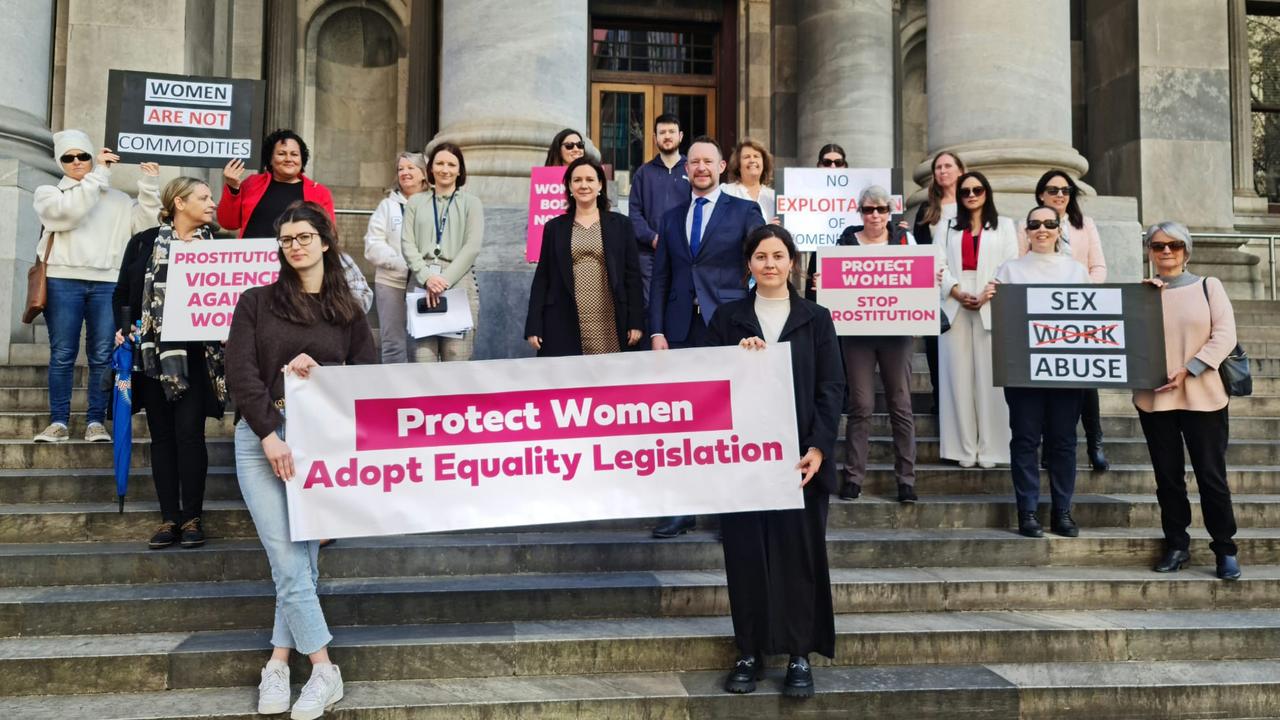
“Too often, the sex industry is not a choice,” she said.
“It is by far the case and not the exception to the rule that many women who find themselves in the sex trade do not do so by choice and are often vulnerable as a result of childhood sexual abuse, domestic violence, coercion, homelessness, drug and alcohol addiction.”
Speaking with NCA NewsWire this week, Ms Centofanti said a change was desperately needed.
“At the core of my Bill is the recognition of the need for change,” she said.
“To change outcomes. To change pathways. To ensure support to some of society’s most vulnerable. To change the way we see women and girls and the statistics of gender-based violence.”
Some women who have worked in the sex trade have come out in favour of the Bill.
Ally-Marie Diamond, founder of the Wahine Toa Rising advocacy group that battles exploitation in New Zealand’s sex industry, called on parliamentarians to back the Bill in August.
“We know that blanket decriminalisation models do not work but rather leave women exploited and vulnerable and they open a door to human trafficking,” she said.
“I believe that the way elected representatives choose to legislate the sex trade sends out a powerful message about how seriously we take the issue of sexual exploitation, violence against women and gender equality more generally.”
The Australian Christian Lobby also backs the Bill.
“Dr Centofanti’s Bill adopts a survivor driven model,” ACL South Australian director Christopher Brohier said.
“Prostitution survivor groups have been calling for this change for many years.
“This model has been proven internationally to reduce demand, in turn reducing the number of women lured, coerced or trafficked into prostitution.”
Who opposes it and why?
Leading representatives from the sex work industry ardently oppose the Nordic model, arguing it harms women even as it purports to offer them protections.
Sex Industry Network general manager Kat Morrison, speaking after Ms Centofanti introduced her Bill, warned any kind of criminalisation in sex work transactions, from either the service provider or the receiver side, would create barriers and harms for the people involved in the trade
“I think calling it partial decriminalisation is a smokescreen,” she said.
Ms Morrison supports the full decriminalisation of sex work.
“It’s what sex workers want, it is what has been recommended by the United Nations, by Amnesty International, the World Health Organisation.”
Ms Morrison said the Nordic model had already failed in Europe.
“It does nothing to decrease or minimise instances of violence, aggression, trafficking, coercion, slavery, all of those horrible things that we oppose.
“The best way to tackle all of those issues is through decriminalisation.”

Australian Sex Workers Association chief executive Mish Pony “completely opposes” the Nordic model and said the evidence demonstrated it caused “extreme harms” to sex workers.
She rejected the argument sex work was fundamentally exploitative.
“All forms of labour commodify your body in some way or another, it is just that in sex work, the labour you are providing is of a sexual nature and there is nothing inherently wrong with that,” she said.
She said full decriminalisation would best support women to make the choices they wanted to make.
“Our organisation believes in a robust social welfare system that would support people not having to do work that they are not choosing to do, but we do live in a society where we have to make the most of the choices available to us to earn a living and, for many people, we have chosen sex work out of a range of options because that is what works for us at the time,” she said.
“I think the best way for people to have complete freedom of movement between labour markets is decriminalisation of sex work and destigmatisation and anti-discrimination protections, so if someone does disclose that they are or have been a sex worker, that is not held against them if they want to find another job.”
Human rights organisation Amnesty International is scathing in its assessment of how the Nordic model has played out in Ireland after interviewing dozens of sex workers who operated under the model.
“Most of the sex workers interviewed also stressed the impact and the ‘chilling effect’ of the 2017 introduction of the criminalisation of the purchase of sex on their safety, wellbeing, autonomy and ability to earn a living,” the organisation wrote in a 2022 report.
“Sex workers frequently described being forced to engage in more risky behaviours as a result of client criminalisation.”
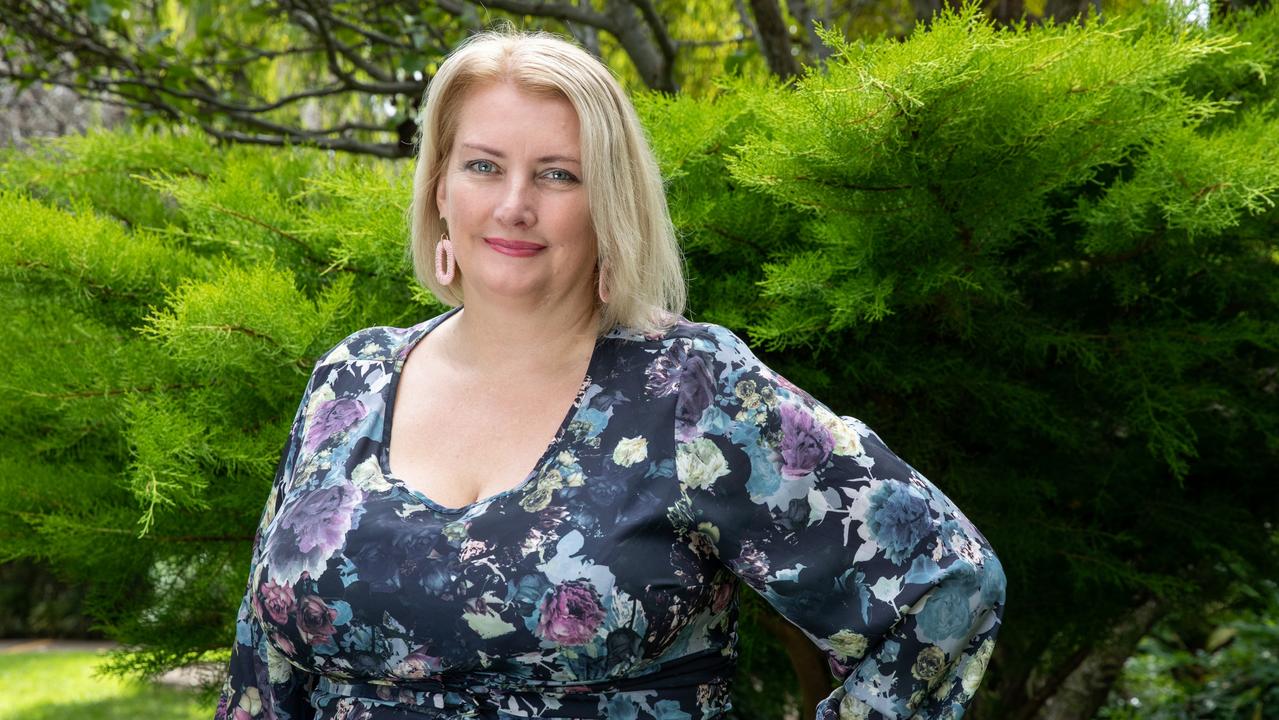
Amnesty concludes a full decriminalisation model is the best pathway to protect the human rights of sex workers.
“Since people’s reasons for doing sex work are often complex and intersecting, solutions that would improve people’s access to their human rights without discrimination should acknowledge and holistically address these intersecting reasons first and foremost and in consultation with sex workers themselves.”
South Australian Greens leader Tammy Franks backs full decriminalisation and sees Ms Centofanti’s Bill as a “political strategy” to end sex work.
“This Bill says basically a sex worker can do their work but not be paid for it,” she said.
“In what other jurisdiction or area or work would a worker be expected to do their work but not get paid for it?”
The numbers game
Ms Centofanti’s Bill will be put up for a conscience vote at the end of this month.
A conscience vote, often reserved for contentious social issues, means party members don’t have to toe the party line in their vote.
The vote is expected to be a tight one.
There are 22 members of South Australia’s Legislative Council and 11 yes votes is the magic number to get a Bill passed and sent down to the lower house.
Ms Franks said it was “possible” the Bill would pass.
“The numbers game I think is very tight on these issues,” she said.
Ms Centofanti has secured the backing of all upper house Liberals with the exception of Michelle Lensink, who holds reservations about the proposal.
Frank Pangallo from the SA Best Party will support the Bill.

“I travelled to Norway in 2019 specifically to speak (to) senior police there about their experience with enforcing the Nordic model,” he told NCA NewsWire this week.
“It has had the effect of stabilising the numbers of women entering that line of work, although human trafficking was still a major concern, particularly from countries like Romania, Bulgaria and Russia.
“I have had constituents come to me reporting how human trafficking was flourishing in Adelaide pre-Covid, with cunning crime gangs exploiting the lax student visa program.
“Prostitution isn’t, nor should it be promoted as, some kind of a professional ‘career’ for participants.”
Labor’s Clare Scriven, the primary industries minister, told NCA NewsWire she backs the bill, what she calls an “equality model” for prostitution reform.
“The equality model tells men it is not acceptable to treat women as products to be bought and sold, recognising that all women are devalued when women are viewed as sexual commodities,” she said.
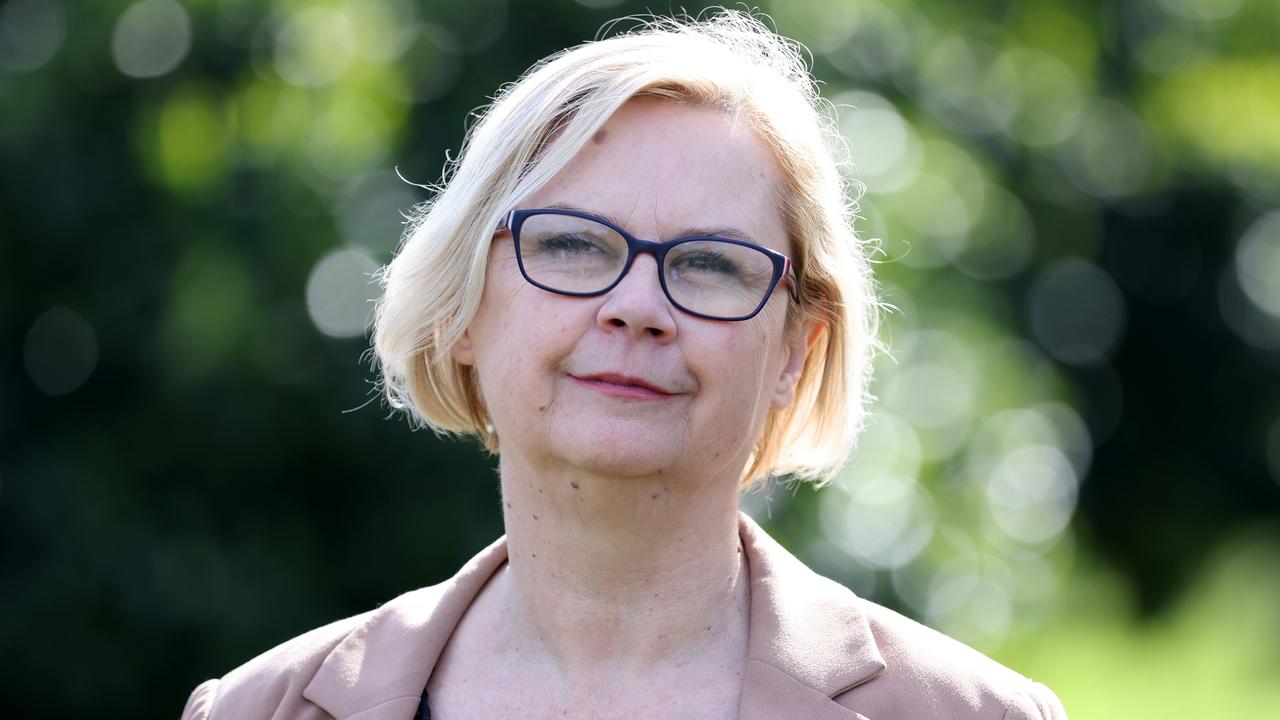
“It is also a step towards eliminating violence against women because it challenges men’s sexual entitlement, which is a mindset that leads to rape and other violence against women.
“The Equality Model addresses the demand for the sexual use and abuse of women’s bodies by men, and it is demand that drives trafficking.
“The model is being adopted in more and more countries as a measure to improve gender equality, and I would like to see South Australia lead the way in this progressive step forward.”
NCA NewsWire understands Labor member Tung The Ngo also supports the bill.
With seven Liberals confirmed, Mr Pangallo, Ms Scriven and Mr Ngo, Ms Centofanti has 10 votes in the bag.
Ms Centofanti told NCA NewsWire that she was “working hard” to provide members with briefings from experts on the model.
Sweden’s ambassador-at-large against human trafficking Anna Ekstedt and Annika Svensson, a community police and crime prevention officer in Uppsala, Sweden, have presented to parliamentarians.
“I think the vote in the chamber will be extremely close,” Ms Centofanti said.
“I have had a lot of positive feedback from colleagues about the Bill, but I do not take any vote for granted.
“I am working hard to ensure that all members are comprehensively briefed by myself and world-leading experts with as much information on the model as possible.
“Internationally, this model garners support right across the political spectrum.”
But some Labor members oppose the bill, including South Australian Attorney-General Kyam Maher.
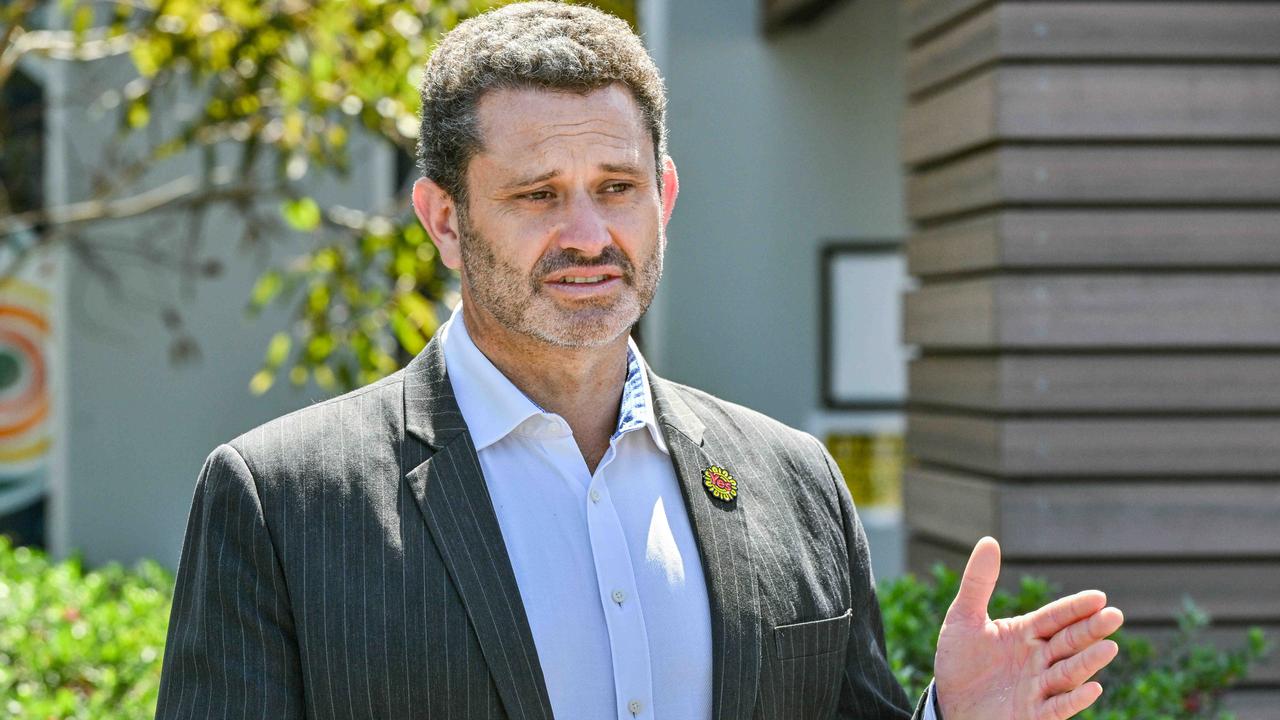
“I believe that sex workers deserve the rights and protections available to all other workers in our state. That is why I’ve consistently supported the decriminalisation of sex work,” he told NCA NewsWire.
“I can’t support a model such as the ‘Nordic model’ Bill currently before parliament, as it continues to criminalise sex work and stigmatise those who work in it.”
Mr Maher stressed, though, his opposition was a personal opinion and not necessarily the government’s position.
Labor member Reggie Martin said he was taking briefings from stakeholders and interest groups and did not yet have a position on the Bill.
Here is where NCA NewsWire understands Legislative Council members stand on the matter:
Yes
Frank Pangallo – SA Best
Terence Stephens – Liberal
Jing Shyuan Lee – Liberal
Dennis Hood – Liberal
Benjamin Hood – Liberal
Laura Henderson – Liberal
Heidi Girolamo – Liberal
Nicola Centofanti – Liberal
Clare Scriven - Labor
Tung The Ngo - Labor
No
Tammy Franks – Greens
Robert Simms – Greens
Kyam Maher – Labor
Unconfirmed
Michelle Lensink – Liberal
Reggie Martin – Labor
Russell Wortley – Labor
Ian Hunter – Labor
Justin Hanson – Labor
Sarah Game – One Nation
Mira El Dannawai – Labor
Emily Bourke – Labor
Constadina Bonaros – SA Best
A long way to go
Debate on the Bill could stretch out for weeks, and even if it is passed in the upper house, there is still a long way to go before it becomes law.
It must also pass the lower house and lower house members can propose amendments to the Bill.




